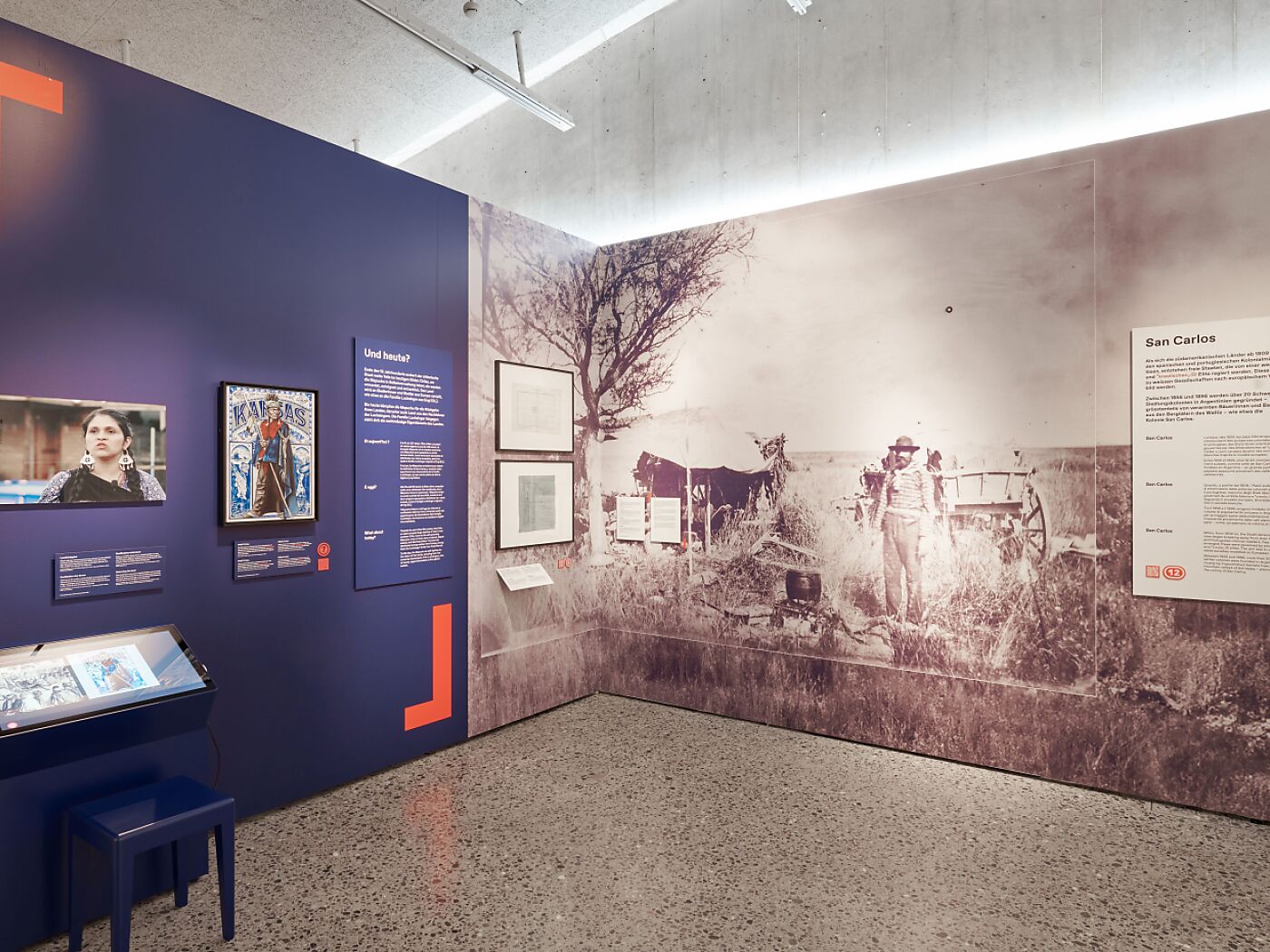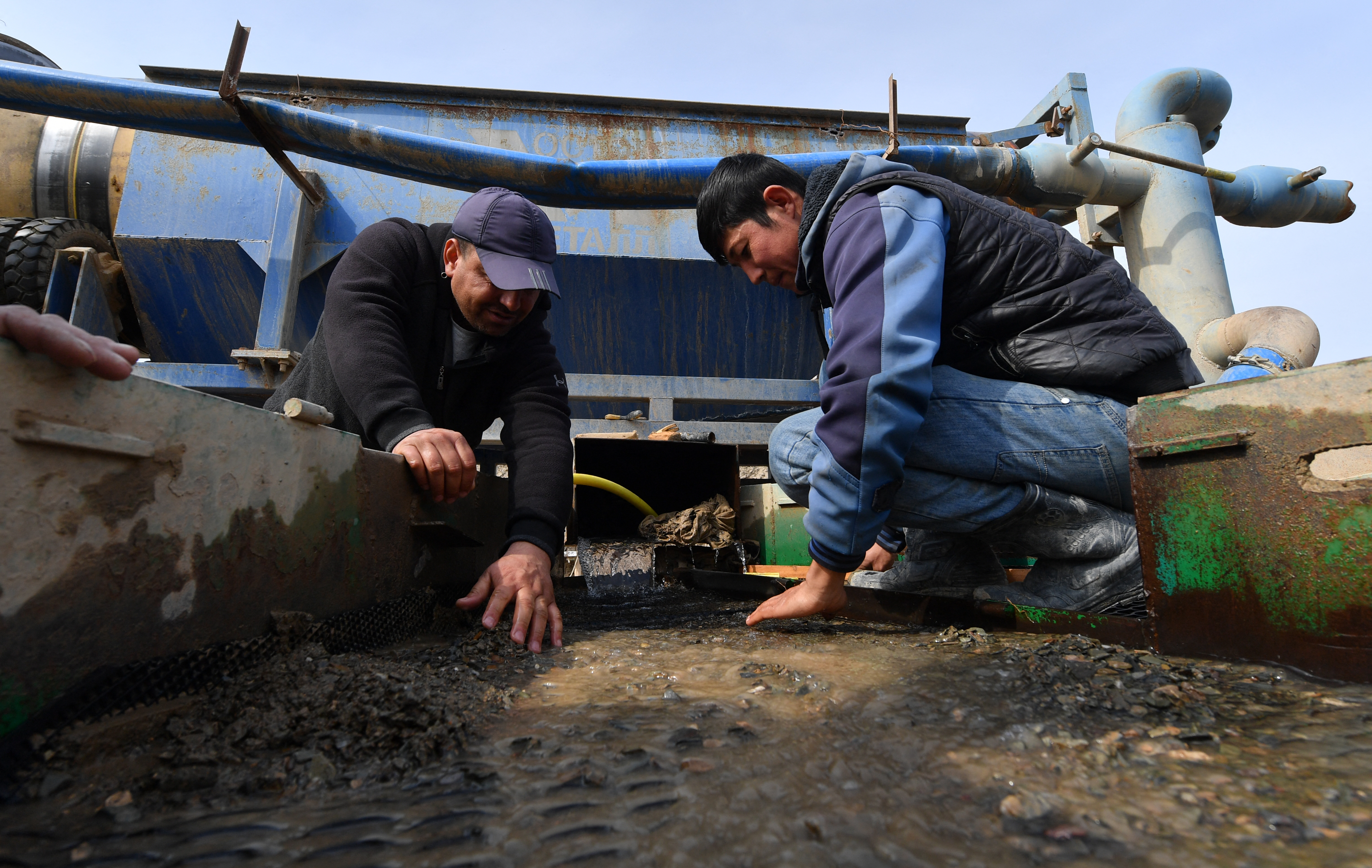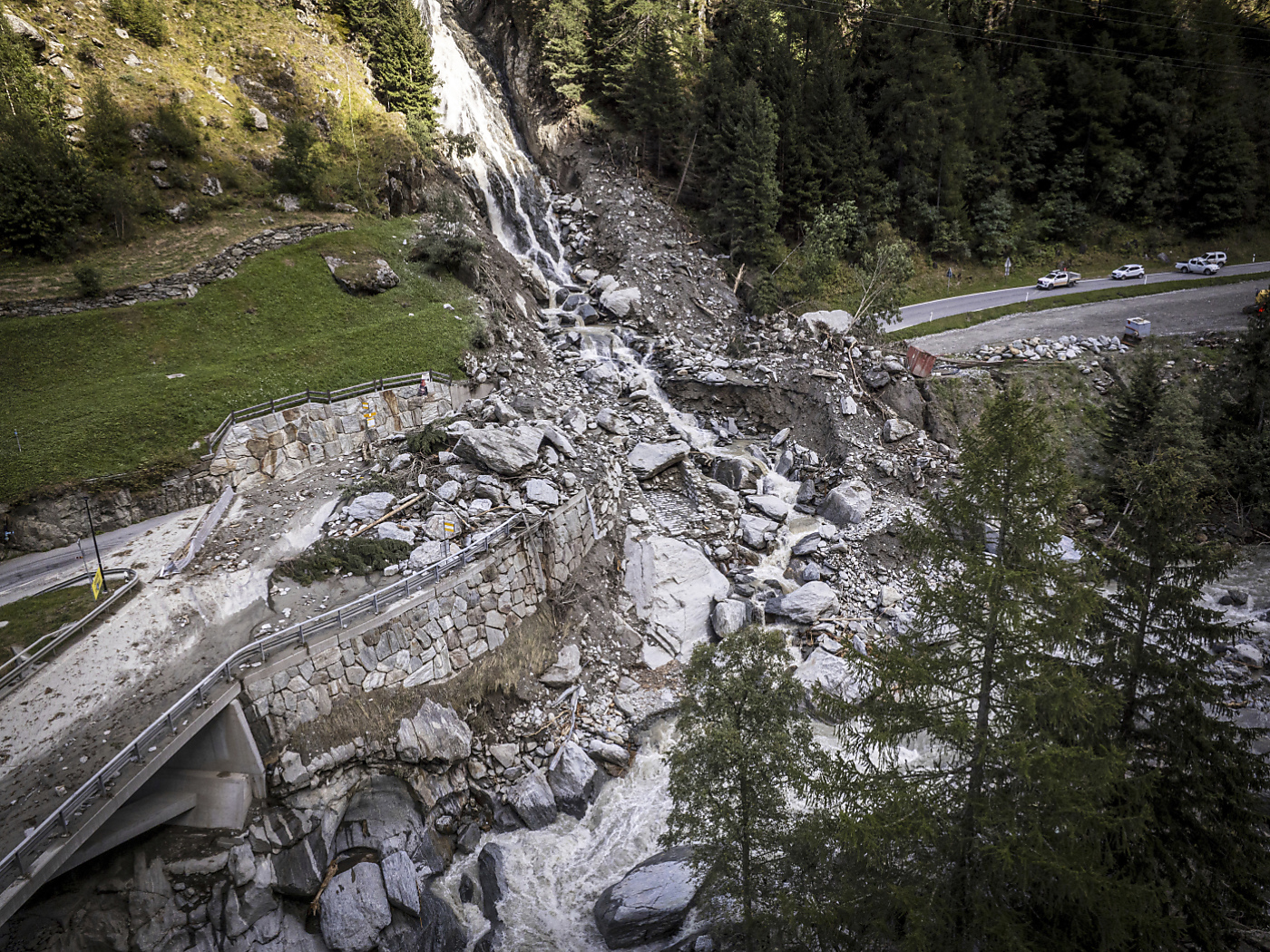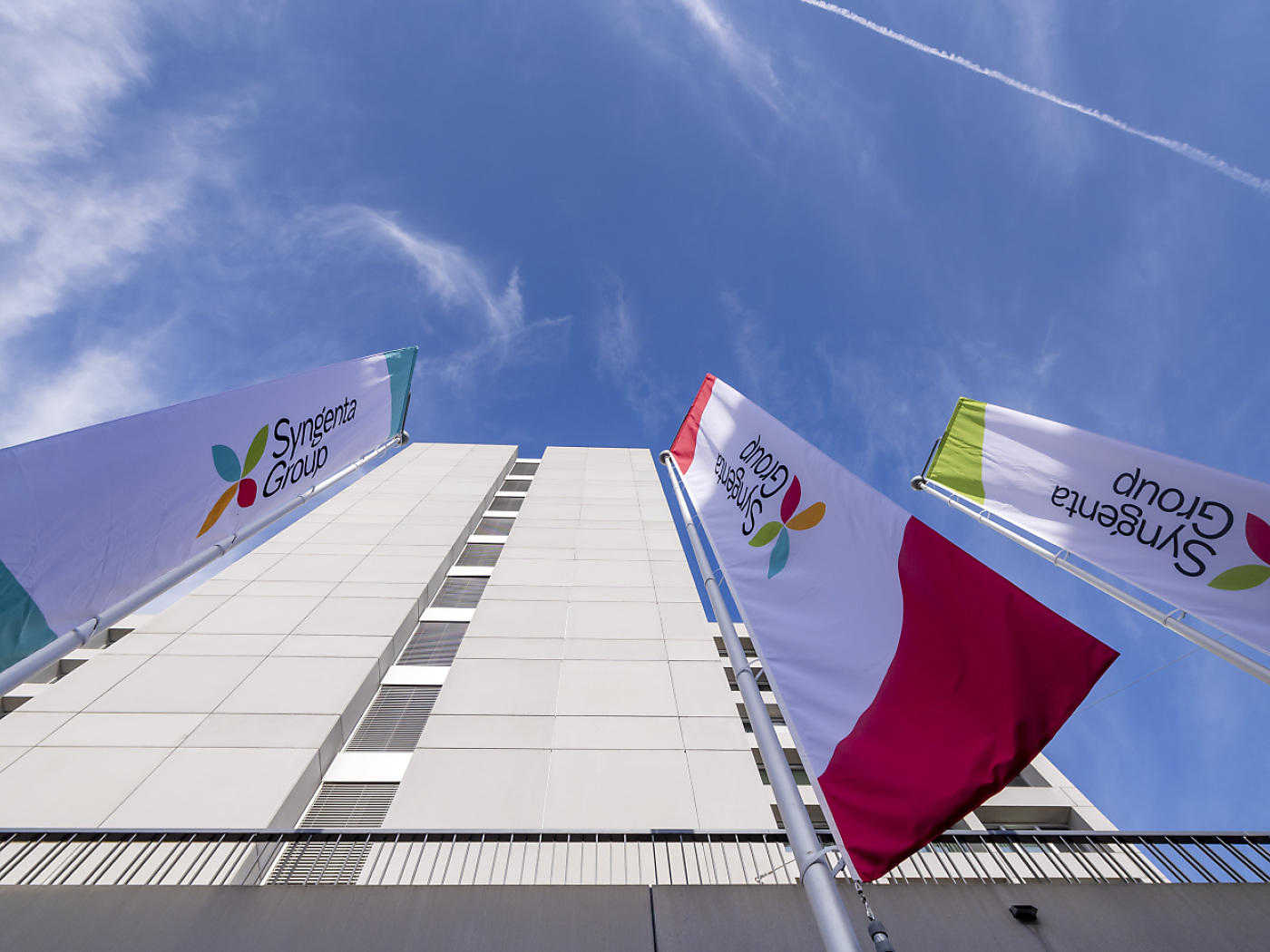Swiss colonial exploitation highlighted by National Museum

Switzerland's colonial history is the focus of an exhibition at the National Museum in Zurich. Based on new research, it looks at the country's role in colonialism and slavery, and considers its legacy today.
+ Get the most important news from Switzerland in your inbox
Entitled Colonialism – Switzerland Involved, the exhibition opens on September 13 and runs until January 19. It evokes a country without colonies that profited from the exploitation of the peoples of Africa, Asia and the Americas.
The presentation is in two parts, illustrated by objects, works of art, photographs and other written sources. The first part is devoted to 11 aspects of a colonialism with which Swiss individuals, companies and communities have been associated since the 16th century.
+ Geneva’s double standards on colonialism
It tells the story of businessmen who took part in the transatlantic slave trade or made their fortunes trading in colonial commodities and exploiting enslaved populations. In particular, the exhibition presents the whips and handcuffs used on slaves on coffee and cocoa plantations in Ghana, which enabled Swiss businessmen to make their fortunes.
It also tells the story of people who traveled the globe as missionaries or left Switzerland to found settlements and exploit territories considered uninhabited.
+Switzerland and its colonistsExternal link
Fleeing poverty, others served as mercenaries in European armies that participated in colonial conquests and fought the resistance of indigenous populations. The letters and testimonies of these Swiss from the colonies shaped public opinion’s view of the populations of these regions.
Switzerland’s racist view of the world
The scientific world has not escaped this critical gaze. Researchers at the universities of Geneva and Zurich formulated racial theories that found international resonance and served to legitimise the colonial system.
The exhibition does not shy away from the objects, images and racist and discriminatory terms used by the main parties concerned. “We feel it’s important to provide information on this part of Swiss history too,” museum director Denise Tonella told the media. Colonialism forged “a racist view of the world among the population, based on a supposed superiority”.
“Censorship of history”
In its second part, the exhibition highlights the consequences of colonialism, still present today, in the unjust distribution of goods and on the environment. It raises questions about the significance of the colonial legacy, notably through the debate on street renaming or statues paying tribute to actors of colonialism. It questions visitors about the “censorship of history”, Western paternalism towards Africa and the colonial origins of safaris.
The exhibition also includes artists’ perspectives, with contributions from Denise Bertschi, Sasha Huber, Chris Pappan, Mathias C. Pfund, Deneth Piumakshi Veda Arachchige and Dom Smaz. Interaction with civil society, experts and actors in the field also contributed to the development of this presentation, which is overseen by an international scientific advisory board.
Around the theme of colonialism, the National Museum offers a wide range of activities for schools, designed in collaboration with historian Ashkira Darman. Events organised in collaboration with ETH Zurich and the Historical Dictionary of Switzerland, interactive guided tours, meetings and round-table discussions are also on the program.
Translated from French by DeepL/mga
This news story has been written and carefully fact-checked by an external editorial team. At SWI swissinfo.ch we select the most relevant news for an international audience and use automatic translation tools such as DeepL to translate it into English. Providing you with automatically translated news gives us the time to write more in-depth articles.
If you want to know more about how we work, have a look here, if you want to learn more about how we use technology, click here, and if you have feedback on this news story please write to english@swissinfo.ch.

In compliance with the JTI standards
More: SWI swissinfo.ch certified by the Journalism Trust Initiative


















You can find an overview of ongoing debates with our journalists here . Please join us!
If you want to start a conversation about a topic raised in this article or want to report factual errors, email us at english@swissinfo.ch.